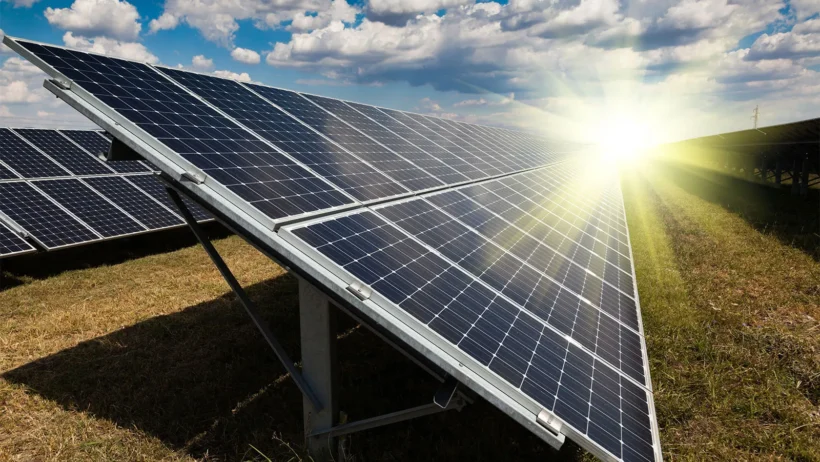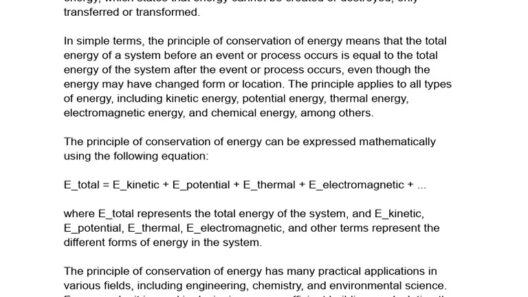In the quest for sustainable energy alternatives, solar panels stand out as a beacon of hope, illuminating the path towards a more environmentally friendly future. At their core, solar energy solutions embody the essence of conservation, allowing us to harness the abundant power of the sun while minimizing our ecological footprint. The appeal of solar panels extends beyond mere energy production; they represent a revolutionary leap in how we approach resource management and environmental stewardship.
Understanding the fundamental mechanics of solar energy reveals how these installations work to conserve energy. By utilizing photovoltaic cells, solar panels convert sunlight directly into electricity. This not only generates clean energy but also reduces our reliance on fossil fuels, which are finite and environmentally damaging resources. The process resembles the alchemy of turning sunlight into electricity, transforming an intangible force into usable power. In doing so, solar energy helps save vital resources, curbing resource depletion and promoting a balanced ecosystem.
When considering the broader implications of solar energy on resource conservation, one must delve into the hidden costs of traditional energy sources. Fossil fuel extraction, for example, is a resource-intensive operation that disrupts ecosystems and depletes natural reserves. In stark contrast, solar panels operate on an inherently sustainable model. Once installed, they produce energy without the need for ongoing resource extraction or harmful emissions, akin to a delicate ecosystem flourishing amidst the chaos of industrial activity.
Moreover, solar energy plays a pivotal role in reducing greenhouse gas emissions. The combustion of fossil fuels releases a plethora of harmful pollutants into the atmosphere. Solar panels, on the other hand, offer a cleaner alternatives, emitting none of these toxins during their lifecycle after installation. This is akin to shedding a heavy cloak of pollutants that shrouds the earth, allowing it to breathe freely once more. By reducing carbon footprints, solar panels not only mitigate climate change but also preserve the natural habitats that are vital for biodiversity.
The energy conservation benefits of solar panels also extend to economic prudence. By investing in solar technology, individuals and communities can significantly lower their energy bills. This underscores a crucial aspect of energy conservation: the efficiency in resource allocation. As households transition to solar energy, a paradigm shift occurs, wherein the funds that would have been spent on traditional energy sources are redirected toward alternative initiatives, such as conservation projects or community revitalization efforts. The rise of solar energy can therefore be likened to a phoenix rising from the ashes of conventional energy practices, inspiring innovative approaches to resource utilization.
Challenges exist, of course, when it comes to solar technology. The manufacturing process itself is not without environmental impact. Although solar panels contribute to energy conservation in the long run, their production involves the use of raw materials and energy. However, as technological advancements burgeon, the focus is increasingly on mitigating these impacts. Innovations in solar recycling and the development of eco-friendly materials are amplifying the appeal of solar energy, making it a more sustainable alternative within an already sustainable framework. Thus, it becomes a virtuous cycle, where the very act of harnessing solar energy catalyzes further ecological and economic improvements.
Transitioning to solar also feeds into a broader narrative—the concept of decentralized energy production. Unlike conventional energy systems reliant on centralized power plants, solar panels are often installed at the point of use. This decentralization diminishes energy waste associated with long-distance transmission, reflecting a more efficient approach to energy conservation. Picture a vast tapestry of solar panels dotting rooftops across communities, each one pulling energy directly from the sun. This localized approach not only empowers communities to take charge of their energy consumption but also fosters collective action towards sustainability.
In this age of environmental consciousness, solar energy stands as a testament to human ingenuity and our ability to harmonize with nature. The unyielding light of the sun serves as a reminder that abundance is often within our reach if we choose to embrace sustainable practices. Solar panels do not merely generate electricity; they orchestrate a symphony of resource conservation, featuring harmonies of ecological restoration and economic fortitude. In the grand scheme of energy discourse, their pivotal role cannot be overstated.
In conclusion, the question “Do solar panels conserve energy?” is met with a resounding affirmation. As they capture the sunlight, they also capture the essence of conservation itself. Solar energy possesses the unique ability to save resources, protect ecosystems, and reduce economic burdens. In navigating the intricacies of energy consumption, we must consider not just how much energy we consume but how we consume it. By embracing solar technology, we not only conserve energy but pave a sustainable path for generations yet to come, unlocking the potential for a flourishing, verdant planet.








